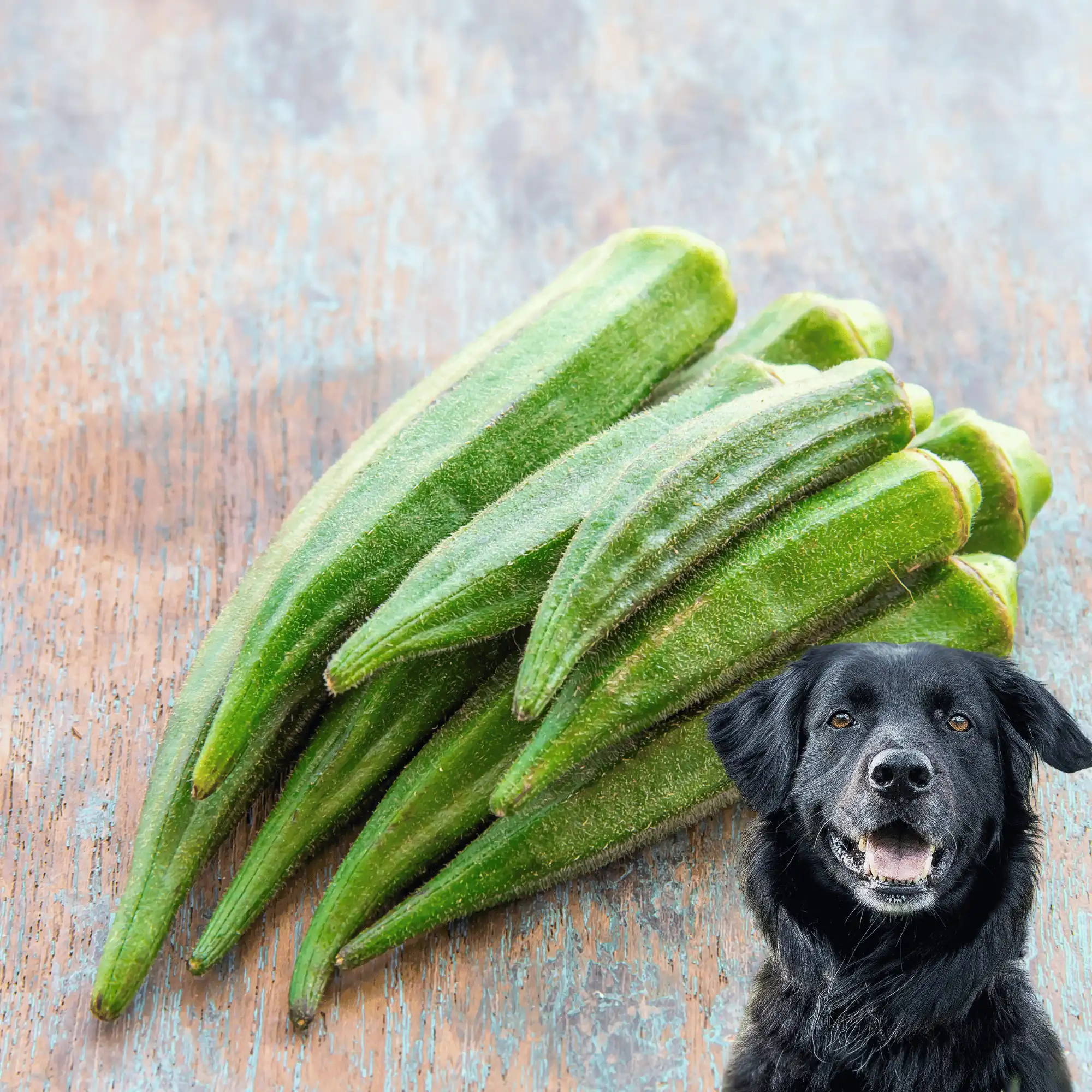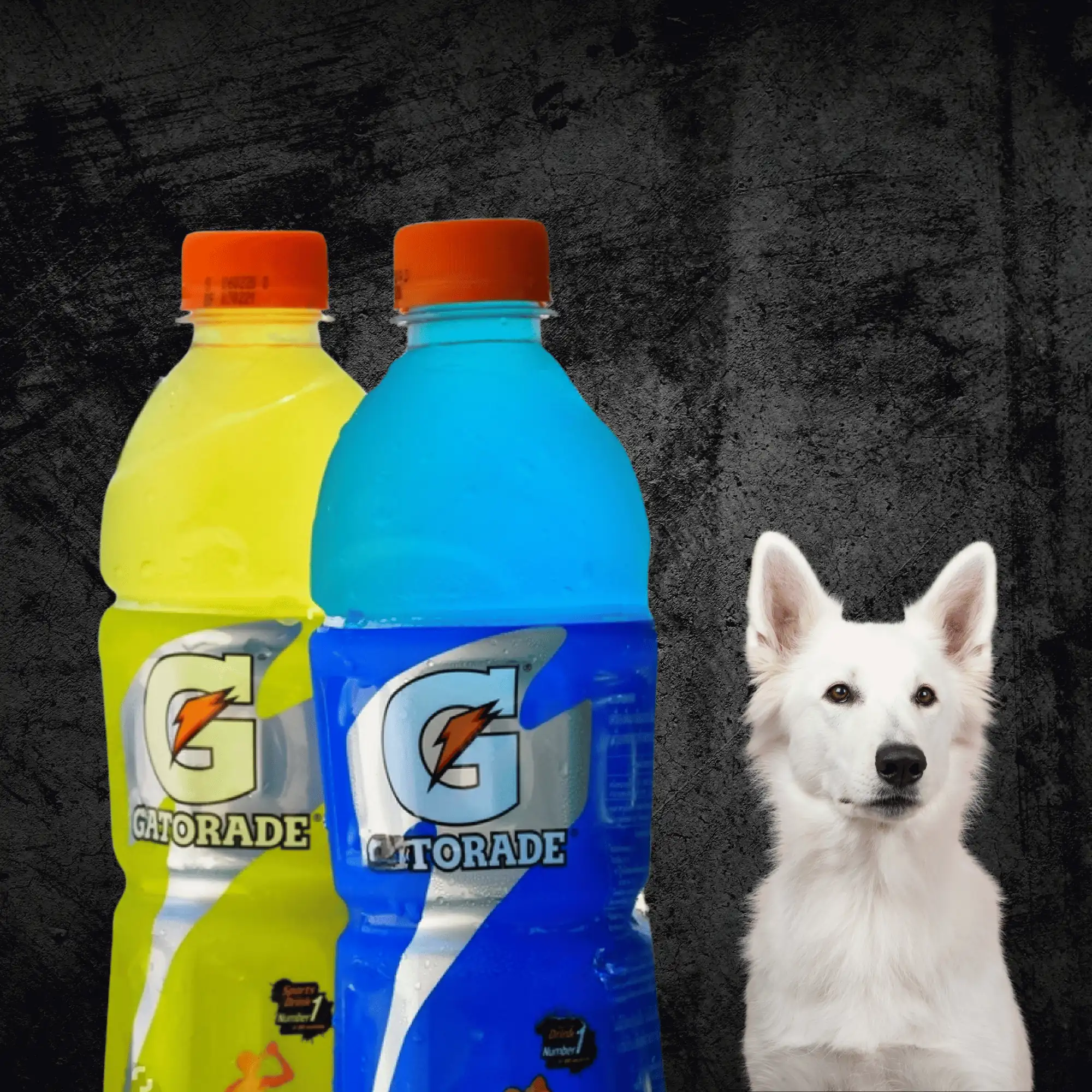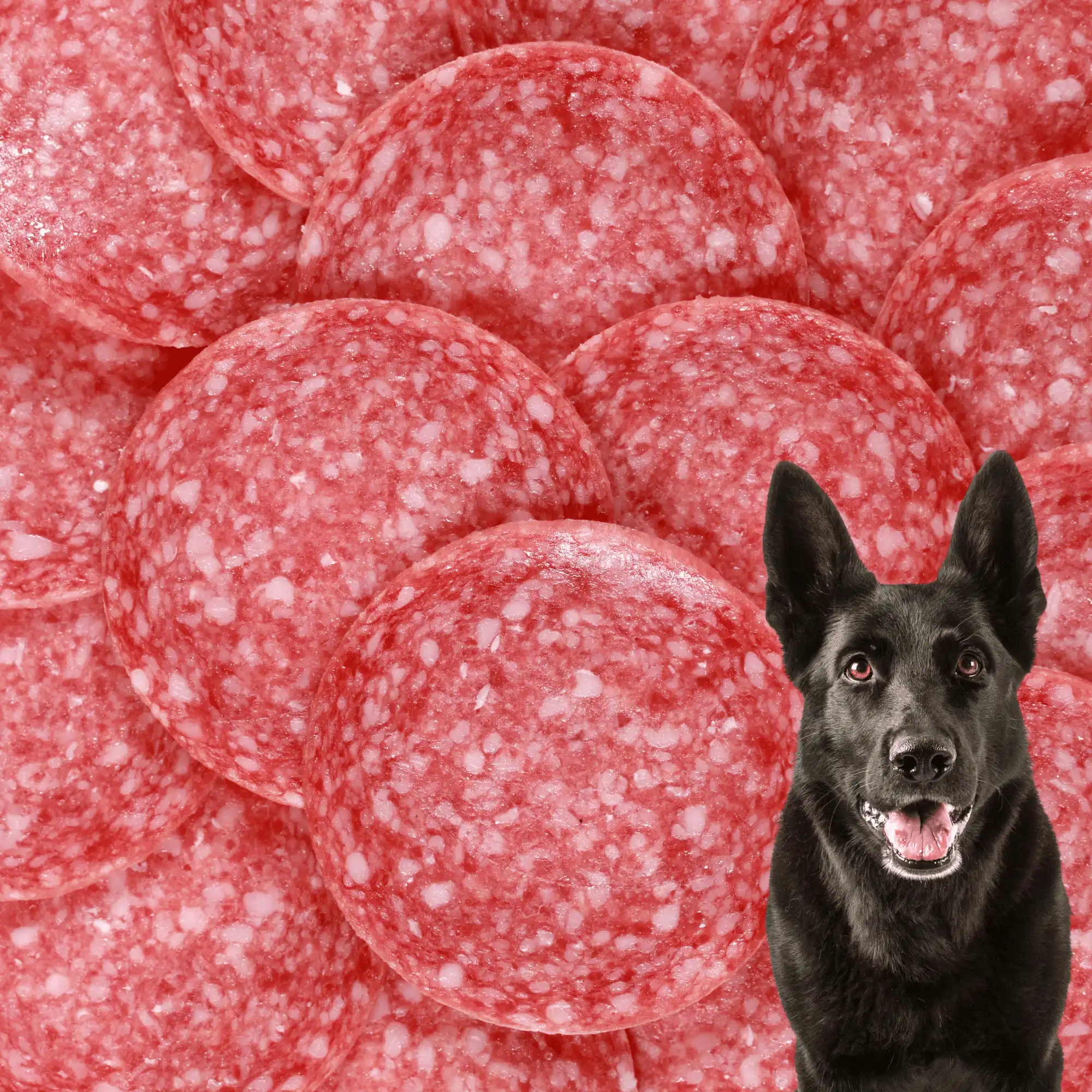As a responsible pet owner, it’s natural to wonder about the safety of various foods for your canine companion. One such common inquiry revolves around black pepper. Can dogs have black pepper? While technically safe in small amounts, habitual feeding may not be advisable. Join us as we provide you with all the essential information you need to make informed decisions about incorporating black pepper into your dog’s diet.
In this article, we delve into the safety of black pepper for dogs. We’ll explore potential risks associated with its consumption and guide what to do if your dog ingests a significant amount of black pepper. Let’s ensure your furry friend stays healthy and happy.
Below are the topics we’ll cover in this blog post:
- What is Black Pepper?
- Is Black Pepper Safe for Your Dog?
- Risks of Feeding Too Much Black Pepper
- What to Do If Your Dog Consumes Black Pepper?
- Side Effects of Excessive Black Pepper Consumption in Dogs
What is Black Pepper?

Black pepper (Piper nigrum) is a flowering vine in the family Piperaceae cultivated for its fruit, known as peppercorn, which is usually dried and used as a spice and seasoning. Black pepper is native to South India and is now grown in tropical regions around the world. It has been used in culinary and medicinal applications for thousands of years.
Peppercorns can be harvested at different stages of maturity to produce different types of pepper. Black pepper is made from unripe green peppercorns that are dried until they turn black and wrinkled. It has a sharp, pungent flavor and is one of the most commonly used spices worldwide.
In addition to its culinary uses, black pepper has been used traditionally in various cultures for its potential health benefits. It contains a compound called piperine, which is believed to have antioxidant and anti-inflammatory properties, among other potential health benefits. However, it’s essential to use it in moderation, as excessive consumption may cause adverse effects.
Is Black Pepper Safe for Your Dogs?

While small amounts of black pepper are technically safe for dogs, it offers no health benefits and is best avoided in their diet. Large quantities can lead to health issues like digestive irritation, hemorrhoids, and respiratory problems.
Even if your dog ingests a few peppercorns or dog-safe human food seasoned with pepper, they may experience sneezing spells due to their sensitivity to peppery scents like black pepper and cayenne pepper.
It’s essential to be cautious when serving foods seasoned with salt and pepper together, as even a small amount of salt can upset your dog’s stomach significantly.
Risks of Feeding Too Much Black Pepper:

Feeding too much black pepper to dogs can be harmful and may pose several hazards.
1. Gastrointestinal Irritation:
Excessive consumption of black pepper can irritate a dog’s stomach, leading to discomfort and pain. Dogs may exhibit signs of abdominal discomfort, such as restlessness, pacing, or hunching over.
Gastrointestinal irritation from black pepper can stimulate the dog’s vomiting reflex, leading to episodes of vomiting. Dogs may retch, drool excessively, and produce vomit containing undigested food or bile.
2. Respiratory Distress:
Irritation from inhaling or ingesting black pepper can stimulate a dog’s cough reflex, leading to persistent coughing. Dogs may cough repeatedly, sometimes producing a hacking or wheezing sound.
Inhalation of black pepper particles can irritate the nasal passages, triggering sneezing in dogs. Severe respiratory irritation from black pepper can cause dogs to experience difficulty breathing or shortness of breath. Dogs may exhibit rapid or labored breathing, open-mouth breathing, or panting excessively.
3. Allergic Reactions:
Allergic dogs may experience intense itching, leading to excessive scratching, biting, or licking of their skin. They may focus on specific areas of their body, such as the face, ears, paws, or groin.
Allergic reactions to black pepper can cause redness, inflammation, or the development of skin lesions such as hives, welts, or hot spots. Dogs may exhibit swelling of the face, muzzle, lips, or eyes as a result of allergic reactions to black pepper. Swelling may be mild to severe and can interfere with normal eating, drinking, or breathing if it affects the airways.
4. Toxicity:
Piperine, the compound responsible for the spiciness of black pepper, can affect the central nervous system in dogs. Signs of toxicity may include lethargy, disorientation, weakness, tremors, or seizures.
In some cases of black pepper toxicity, dogs may experience an increased heart rate (tachycardia) or irregular heart rhythms (arrhythmias). Monitoring the dog’s pulse and heart rate can help detect the cardiovascular effects of toxicity.
5. Pancreatitis:
Dogs with pancreatitis may exhibit symptoms such as vomiting, diarrhea, abdominal pain or discomfort (hunched posture, reluctance to move), decreased appetite, lethargy, dehydration, and fever. In severe cases, pancreatitis can lead to complications such as shock or organ failure.
The spicy nature of black pepper can irritate the gastrointestinal tract, potentially contributing to inflammation of the pancreas. Spicy foods may exacerbate existing pancreatic inflammation or predispose dogs to develop pancreatitis.
Dog owners need to be cautious about feeding their pets foods that contain black pepper or other spices, especially in large quantities or regularly. If you suspect your dog has ingested an excessive amount of black pepper or is exhibiting symptoms of illness, it’s best to consult with a veterinarian for appropriate guidance and treatment.
What to Do If Your Dog Consumes Black Pepper?
If your dog consumes black pepper, it’s important to take appropriate action depending on the amount ingested and the dog’s size, health, and any preexisting conditions. Here are steps you can take if your dog consumes black pepper:
1. Assess the Situation:
Determine how much black pepper your dog has ingested and whether it was in a concentrated form (such as ground pepper) or mixed into food. If possible, check the ingredients of the food to estimate the amount of black pepper consumed.
2. Monitor Your Dog:
Keep a close eye on your dog for any signs of distress or adverse reactions. Watch for symptoms such as vomiting, diarrhea, abdominal pain, lethargy, respiratory distress, or changes in behavior.
3. Contact Your Veterinarian:
If your dog has ingested a large amount of black pepper, exhibits symptoms of distress, or if you’re unsure about the potential risks, contact your veterinarian immediately for guidance. Provide them with details about the amount of black pepper ingested, your dog’s weight, and any symptoms observed.
4. Follow Veterinary Advice:
Based on the severity of the situation, your veterinarian may recommend various courses of action, including monitoring your dog at home, bringing them in for an examination, inducing vomiting (if ingestion occurred recently and it’s deemed safe), or seeking emergency medical care.
5. Provide Comfort:
While monitoring your dog, provide them with a comfortable and quiet environment. Offer fresh water to keep them hydrated, and monitor their food intake to ensure they’re eating normally.
6. Prevent Future Incidents:
Take steps to prevent your dog from accessing black pepper or other potentially harmful substances in the future. Store spices securely out of reach, and be cautious about leaving food unattended, especially if it contains ingredients that may be harmful to dogs.
It’s important to remember that prevention is key to keeping your dog safe from accidental ingestion of harmful substances. However, if an incident does occur, prompt action and veterinary guidance can help minimize the risk of complications and ensure the best outcome for your dog’s health and well-being.
Side Effects of Excessive Black Pepper Consumption in Dogs:
Lightly seasoned foods typically shouldn’t pose a problem for your dog, but if they ingest excessive black pepper or inhale too much pepper, watch out for these symptoms:
- Sneezing
- Indigestion
- Stomach cramps
- Vomiting
- Diarrhea
If your dog exhibits vomiting or diarrhea after consuming excessive black pepper, it’s crucial to contact your veterinarian for assistance.
Conclusion:
In conclusion, while small amounts of black pepper are technically safe for dogs, it offers no significant health benefits and should generally be avoided in their diet. Excessive consumption can lead to various health issues, including digestive irritation, respiratory problems, and allergic reactions.
If your dog ingests a significant amount of black pepper or exhibits symptoms of distress, it’s crucial to seek veterinary assistance promptly. By being mindful of what you feed your furry friend and taking appropriate precautions, you can help ensure their well-being and happiness for years to come.
FAQs:
Is it OK for dogs to have black pepper?
While a little black pepper is usually okay for dogs, too much can upset their stomachs. Remember, even if it’s safe, most dogs don’t enjoy eating black pepper.
Does pepper burn dogs?
Just like some of us, dogs can feel the heat and burning sensation after eating spicy foods. This reaction is due to capsaicin, the compound found in chili peppers, which is the active ingredient in most spicy foods.
Do dogs hate the smell of black pepper?
Certain scents can deter dogs from your yard, but be cautious with DIY or commercial products. For instance, the smell of pepper, whether homemade or store-bought, can act as an effective dog repellent.
What if my dog accidentally ate black pepper?
If your dog exhibits concerning signs such as persistent vomiting, signs of pain, or the ingestion of a large amount of black pepper, contact your veterinarian immediately. Be prepared with details such as the quantity of black pepper consumed, the time of ingestion, and any observed symptoms. If it’s after regular clinic hours, reach out to the nearest emergency clinic or a pet poison hotline for assistance. Your prompt action and communication are crucial for your dog’s well-being.












